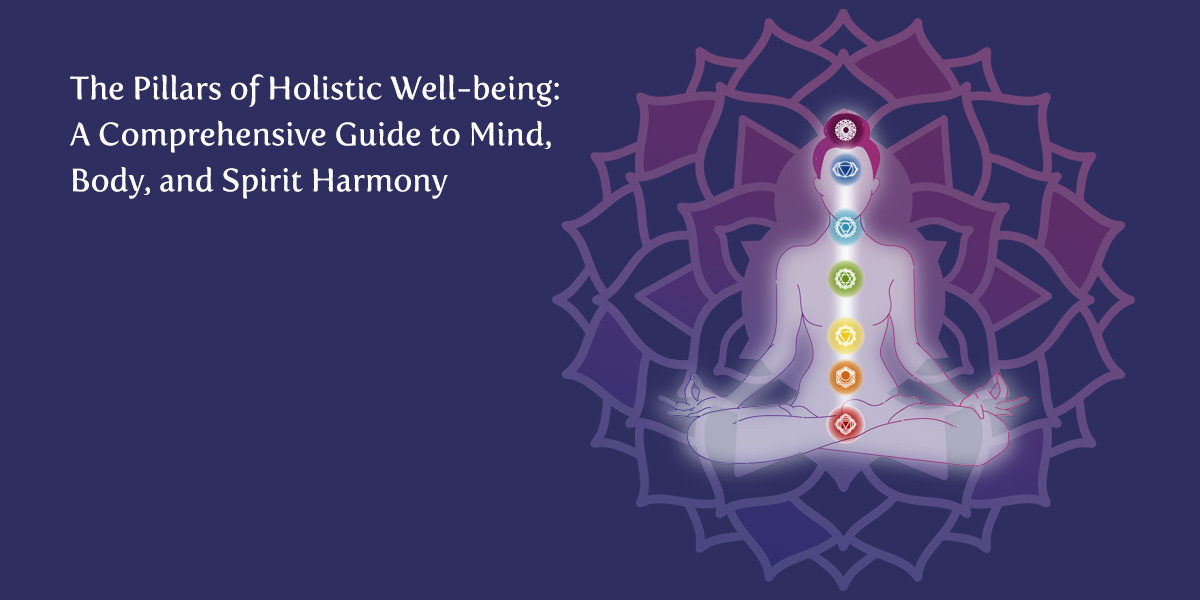Pregnancy is an extraordinary and life-changing journey that brings joy, excitement and sometimes challenges. As your body goes through various changes to support your baby’s growth and development, maintaining good health becomes essential for both you and your baby. Staying healthy during pregnancy involves a combination of proper nutrition, regular physical activity, mental well-being and medical care.
Eat a balanced and nutritious diet for Stay Healthy During Pregnancy
Nutrition plays an important role during pregnancy, providing essential nutrients to support the development of the baby and maintain the health of the mother. A balanced diet should include the following ingredients:

Fruits and vegetables: Aim for a variety of colorful fruits and vegetables, which are packed with essential vitamins, minerals and fiber. They help support fetal growth, prevent constipation and maintain overall health.
Protein: Include lean sources of protein such as chicken, fish, eggs, beans and legumes. Protein is essential for building and repairing tissue in both the mother and the developing baby.
Whole grains: Whole grains like oats, brown rice, quinoa, and whole wheat provide energy and important nutrients like iron, fiber, and B-vitamins. They are essential for maintaining healthy energy levels and supporting baby’s brain development.
Dairy foods: Calcium-rich foods like milk, yogurt, and cheese help baby’s bones and teeth develop. For those who are lactose intolerant or vegetarian, fortified plant-based milk can be a good alternative.
Folic Acid and Iron: Pregnant women need more folic acid and iron. Folic acid helps prevent neural tube defects, while iron helps increase blood volume during pregnancy. Foods like spinach, lentils and fortified cereals are excellent sources of this nutrient.
Avoid processed foods, excess sugar and high-fat foods, as these can lead to unnecessary weight gain and increase the risk of gestational diabetes. Staying hydrated is equally important, so aim to drink at least 8-10 glasses of water a day.
Take prenatal vitamins
Along with a nutritious diet, prenatal vitamins are crucial during pregnancy to ensure you’re getting essential nutrients that can be difficult to get through food alone. Most prenatal vitamins contain folic acid, iron, calcium and other essential nutrients. Folic acid is especially important in early pregnancy to reduce the risk of birth defects affecting the brain and spine.
Always consult your healthcare provider before starting prenatal vitamins, as they may recommend specific ones based on your health needs.
Stay Healthy During Pregnancy by exercising regularly
Exercise during pregnancy offers many benefits, including improving mood, reducing back pain, promoting better sleep and preparing the body for labor. Engaging in regular physical activity can also help control weight gain and reduce the risk of gestational diabetes and high blood pressure.
Safe exercises for pregnant women include:

Walking: A low-impact way to maintain cardiovascular health and be active without stressing the joints.
Swimming: A full-body workout that helps strengthen muscles and relieves the discomfort of carrying extra weight, especially in the later stages of pregnancy.
Prenatal Yoga: Yoga helps to increase flexibility, improve breathing and reduce stress. Prenatal yoga is specifically designed to accommodate a pregnant woman’s changing body, focusing on safe postures and relaxation techniques.
Pelvic floor exercises: Strengthening the pelvic floor muscles through exercises like Kegels can improve bladder control and reduce the risk of incontinence during and after pregnancy.
It’s important to listen to your body and avoid activities that are too strenuous or involve the risk of falling, such as contact sports. Always consult your healthcare provider before starting or continuing an exercise routine during pregnancy.
Get plenty of rest
Fatigue is common during pregnancy, especially in the first and third trimesters. Your body is working hard to nourish and grow your baby, and getting enough rest is essential to support this process. Try to sleep 7-9 hours a night and take short naps during the day if needed.
Creating a relaxing bedtime routine can help you sleep better. Consider reading a book, practicing mindfulness, or taking a warm bath before bed. If discomfort makes it difficult to sleep, try sleeping on your side with a pillow between your legs for better support.
Attend regular prenatal checkups
Antenatal care is important for monitoring the health of both mother and baby during pregnancy. Regular checkups allow health care providers to track the baby’s growth, identify any potential problems early, and provide important screenings and tests.
During this visit, your doctor will check your weight, blood pressure, and baby’s heart rate. They may recommend an ultrasound to ensure proper development. Regularly attending these appointments helps you stay informed and take the necessary steps to address any health concerns that may arise.
Manage stress and maintain mental well-being
Pregnancy can bring a wide range of emotions from excitement to anxiety. It’s important to prioritize mental health and find ways to manage stress. Here are a few tricks to help:

Mindfulness and meditation: Practicing mindfulness or meditation can help calm the mind and reduce anxiety. These techniques help you stay present and focus on the positive aspects of pregnancy.
Support system: Surround yourself with supportive family members, friends or pregnancy support groups. Sharing your experiences and concerns can relieve stress and provide emotional comfort.
Journaling: Writing down your thoughts and feelings can act as an emotional release and help you process your emotions during pregnancy.
If you experience feelings of depression or extreme anxiety, it is essential to talk to your healthcare provider. They can offer resources and support to ensure you can maintain emotional well-being throughout your pregnancy.
Avoid harmful substances
Some substances can harm both the mother and the developing baby. During pregnancy, avoid:
Smoking: Smoking during pregnancy increases the risk of complications such as premature birth, low birth weight and developmental problems. If you smoke, consider getting help to quit.
Alcohol: There is no safe level of alcohol consumption during pregnancy, as it can cause fetal alcohol syndrome and other developmental problems.
Caffeine: Limit caffeine intake to no more than 200 milligrams per day (about one 12-ounce cup of coffee), as excess caffeine can increase the risk of miscarriage or low birth weight.
Medication: Avoid recreational drugs and always check with your healthcare provider before taking any over-the-counter or prescription medication during pregnancy.
Prepare for labor and delivery
As your due date approaches, it’s essential to prepare mentally and physically for labor and delivery. Consider taking a prenatal education class to learn about the stages of labor, pain management techniques, and what to expect during labor. Understanding the process can reduce fear and empower you to make informed decisions.
In conclusion, staying healthy during pregnancy means adopting a holistic approach that includes proper nutrition, physical activity, mental well-being and regular medical care. By taking proactive steps, you protect yourself and your loved ones.
Read Also: Mindfulness Meditation
![]()





